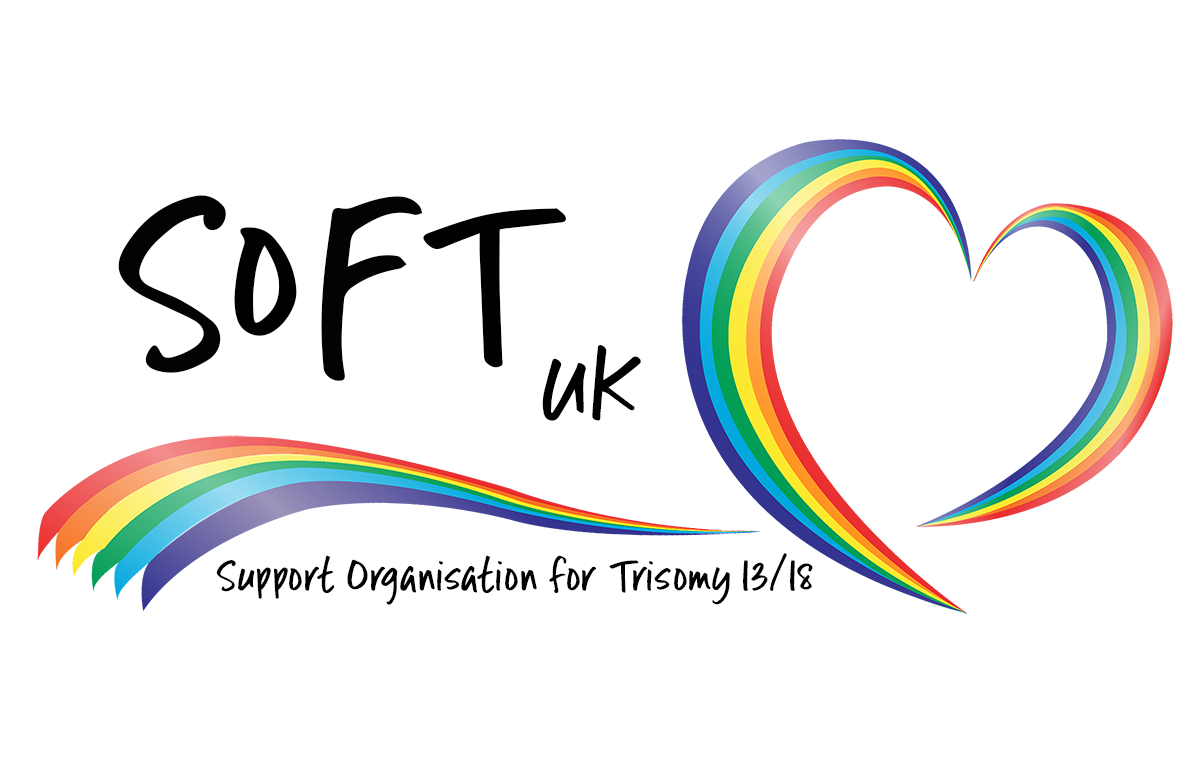This is about Ayla, a sassy 9-year-old who has a life limiting condition, Edwards Syndrome (Trisomy 18). Here’s a little bit of her story.
When I was pregnant, I was living abroad, at 17 weeks we were sent for tests because they thought there were some issues with the baby. At my results meeting I was told that they had scheduled a termination for me for the following day. Needless to say, I flew home the next day rather than attending the appointment.
We got involved with SOFT when our paediatrician told us about a family day in the November, shortly after Ayla’s birth in August 2011. We were brave, we went along with our little bundle of medical complexity. She stole everyone’s heart and I found out that we weren’t alone. At that stage we still hadn’t spoken to anyone with a surviving child with Edwards Syndrome, that came later.
SOFT has been a great support for us, and for other families on this journey. We have had our fair share of hospital admissions, but we are also now regular international travellers (Covid19 aside). Ayla attends a fantastic, supportive, special needs school. She understands basic instructions and when she is in the mood, she can communicate via EyeGaze technology.
She has made friends at school; she loves nonsense and has a good sense of humour.
Fast Forward to 2019, and we found out that SOFT were helping the NHS with the training for NIPT testing in Edinburgh and Glasgow. I offered to bring Ayla along. I feel that it makes more of an impact when you see a cheeky little smiley face in real life.
We have had a mainly positive experience of medical professionals, but those we struggled with had generally not met any surviving children.
I truly believe that it is only when you see what is possible with your own eyes that you can start to believe in the improbable. Of course, we have 12% of our kids surviving past 5years old, that’s better odds than improbable.
Up until the training there was a real lack of awareness of the ‘spectrum’ relating to a trisomy 18 diagnosis, and the difference that can make to how impacted the child will be. It is encouraging that professionals who are taking part in the roll out of this new testing are being informed (or reminded) of this.
I think it’s important to educate whenever possible, hopefully we have shown how much Ayla enjoys life and that Ayla’s life is important and valid. We can’t always improve on quantity, but will always do our best to improve on quality.
After our sessions lots of clinicians came up to say hello to us, and thanked us for letting them meet Ayla. Hopefully this will help the future families who are affected by this diagnosis.
